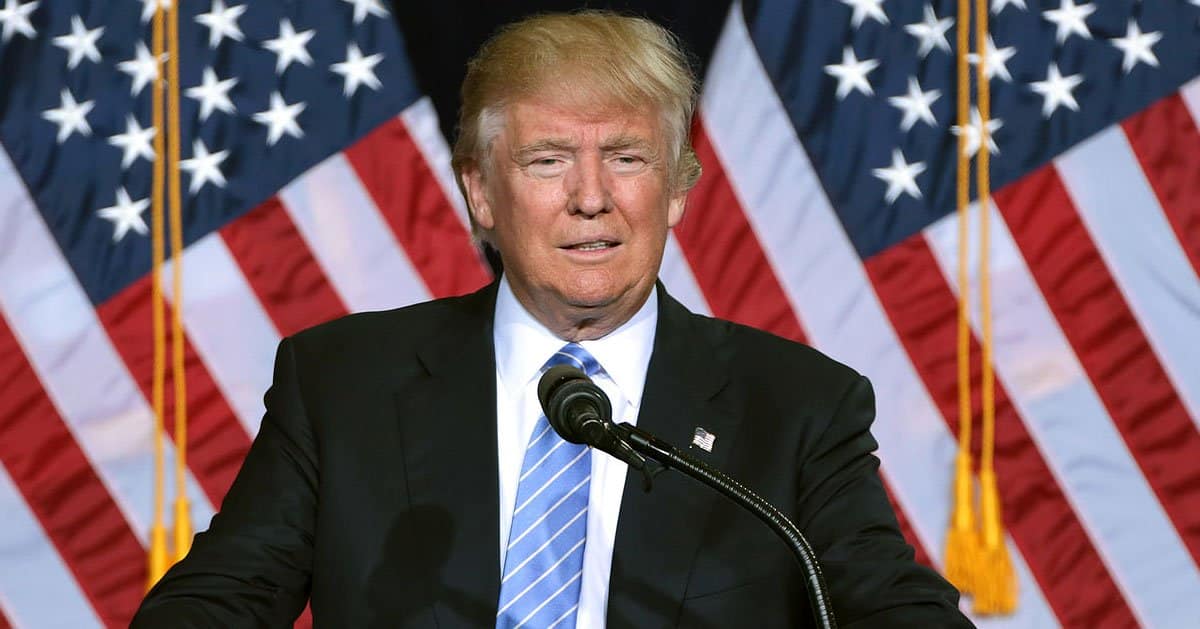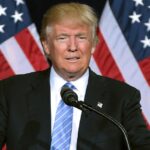







Following an assassination attempt on former President Donald Trump, U.S. Secret Service Director Kimberly Cheatle resigned due to agency failings.
Cheatle, the Director of the U.S. Secret Service, faced intense scrutiny after an event on July 13, where an assassination attempt targeting former President Donald Trump took place during a rally. This incident tragically resulted in one death and left two others critically injured.
The pressure mounted for Cheatle to step down as the failure to secure the event came under public scrutiny. In an email to her colleagues on Tuesday morning, Cheatle announced her decision to resign, a communication later obtained by ABC News.
On the day of the rally, the Secret Service was responsible for the protection of Trump. The attack highlighted severe lapses in security, prompting discussions and criticism regarding the preparation and execution of security measures.
Ron Rowe, previously the deputy director, was appointed as the acting director immediately following Cheatle's resignation. This swift change in leadership aimed to stabilize the agency and restore public confidence.
Kimberly Cheatle had served as the director since 2022 and was one of only two women to have ever held this prestigious role. Her extensive career included over 25 years with the Secret Service, where she also served on Biden's security detail during his vice presidency.
Before leading the Secret Service, Cheatle had been the senior director in global security at PepsiCo, bringing a wealth of experience to her role as director.
Following her resignation, high-profile figures, including President Joe Biden and Homeland Security Secretary Alejandro Mayorkas, publicly expressed their gratitude for her service. Biden highlighted the courage and integrity Cheatle displayed by taking responsibility for the agency's shortcomings.
Secretary Mayorkas praised Cheatle for her deep respect within the agency and her leadership qualities, affirming her positive impact despite the recent events.
Kimberly Cheatle’s tenure concluded with her testifying before a GOP-led House Oversight Committee. She acknowledged her responsibility for the security failures on July 13. Criticism wasn't just confined to operational failures but also included personal critiques and questioning of the agency’s staffing decisions.
High-profile political figures such as John Comer and Jamie Raskin were vocal about their concerns, leading to intense pressure that eventually influenced Cheatle’s decision to resign.
Ron Rowe, the new acting director, committed to restoring the faith and confidence of the American public in the Secret Service. His statement emphasized the agency's dedication to learning from past mistakes and strengthening its operational readiness.
As the agency moves forward, the focus will be on enhancing security protocols and ensuring such failures are not repeated. The Secret Service continues to cooperate with ongoing investigations to fully understand the failures of July 13.
Throughout her career, Cheatle stressed the non-political nature of the Secret Service’s mission, emphasizing its critical importance. Her statements during the House testimony and interviews reflected her commitment to accountability and improvement.
Her parting words included a poignant reminder of the weight of the responsibilities shouldered by the Secret Service, marking her tenure as one focused on integrity and responsibility.
In conclusion, Kimberly Cheatle's resignation marks a significant moment for the U.S. Secret Service as it navigates the challenges of securing high-profile events and leaders.
Her leadership, marked by both achievements and challenges, underscores the complex nature of national security tasks. The Secret Service's ongoing commitment to excellence and reform is set to continue under new leadership, as the nation watches and hopes for enhanced security measures.



